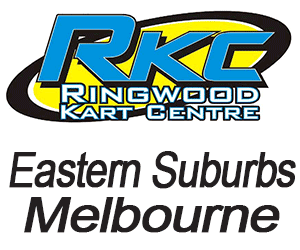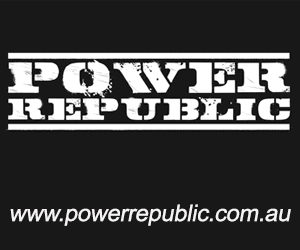FIA Karting
Responsible for the race track as well as for the Prokart Raceland leisure karting centre in Wackersdorf, Germany, a retailer of competition equipment and organiser of numerous national and international competitions, Stephan Fritsch is also a former driver and now a driver’s father.
He thus has a panoramic vision of all the issues that arose in 2020 due to the COVID-19 pandemic.

HOW HAS YOUR SITUATION CHANGED THROUGHOUT THE YEAR?
We completely stopped our activities from March to mid-May. The resumption was very gradual for the rental of leisure karts. In the beginning, we could only run five karts at the same time, which was not profitable at all. But the situation was increasingly favourable and we even had a good summer with high numbers of visitors in July and August thanks to the presence of tourists in Bavaria. I am convinced that the rigorous management of the health crisis in our country enabled us to get back on our feet quickly.
WHAT WERE THE RULES THAT HAD TO BE FOLLOWED?
Everyone now knows the protective measures such as wearing a mask and physical distancing to minimise the spread of the virus. We also equipped ourselves with special equipment to disinfect the helmets after each use.
WHAT HAS HAPPENED IN THE FIELD OF RACING KARTS?
The wait was a little longer, but testing was able to resume before the summer. After a long interruption like this, demand was high. Here too, compliance with the instructions was not a problem, but I repeat, we live in a very demanding country on this point, which corresponds to the values generally accepted, and even desired, by the majority of the population.
AND THE RACES?
We were able to organise competitions again from the end of July. The calendar barely had enough weekends to be able to meet the demands. Between the DKM, ADAC and the FIA Karting European Championship, we have not been idle. The general context with regard to the pandemic worsened after the summer, but in Germany the situation remains almost normal. We are much better prepared at the moment.
With regard to the different infection-control protocols, I would like to say that the FIA protocol is by far the best to ensure the safety of those present and to reassure the local authorities. Without it, we would never have been able to obtain authorisation to organise an international Competition in September.
WHAT ABOUT YOUR SON’S SEASON?
I had no additional worries compared to a normal season. Valentino loves racing and he has had good results, despite some unfortunate episodes. He is a competitor. He wanted to start again as soon as possible. He certainly didn’t have enough preparation for the international comeback, but he was able to take part in a total of ten races, very close together in time. But it wasn’t bad in the end, considering the circumstances.
HOW DO YOU SEE THE FUTURE?
I don’t see a real return to normal in the near future, but we have seen that it is possible to organise and take part in races by taking the necessary precautions. The respect of infection-control rules is essential at the moment. Races must absolutely be able to take place otherwise we will lose many drivers and small teams. The winter may be hard for some German teams to get through.
“The FIA’s health protocol is the best to ensure the safety of those present and to reassure the local authorities.”


